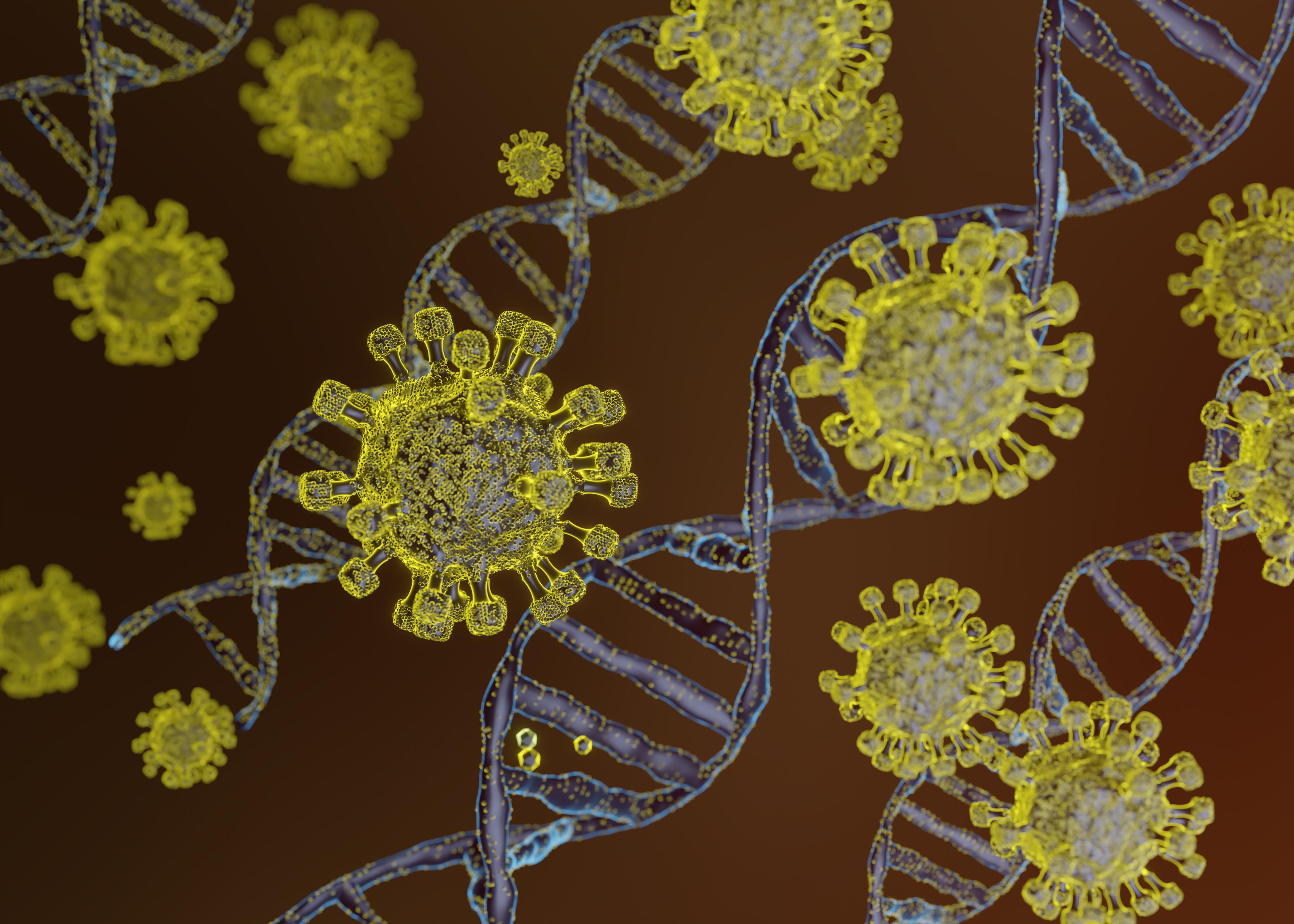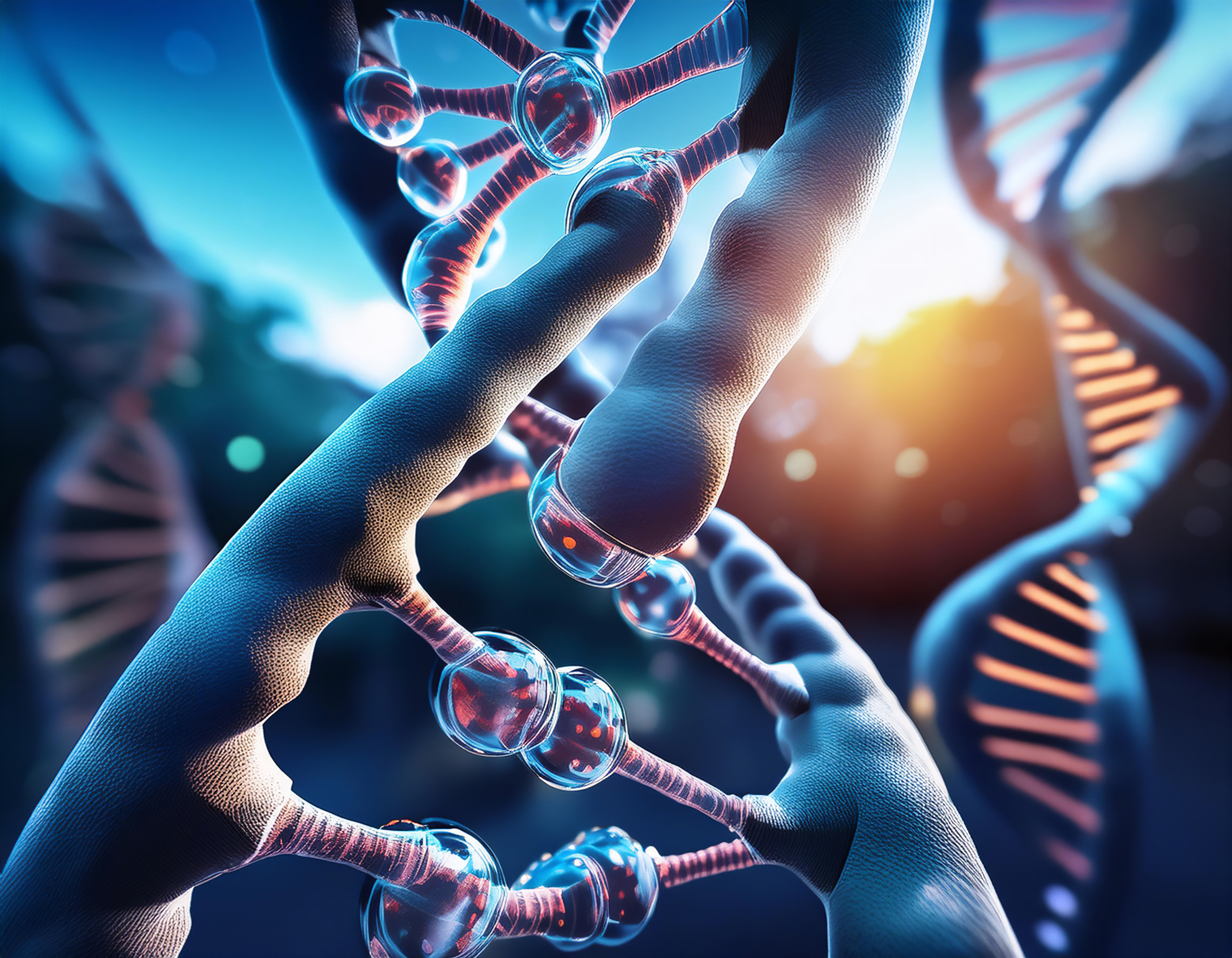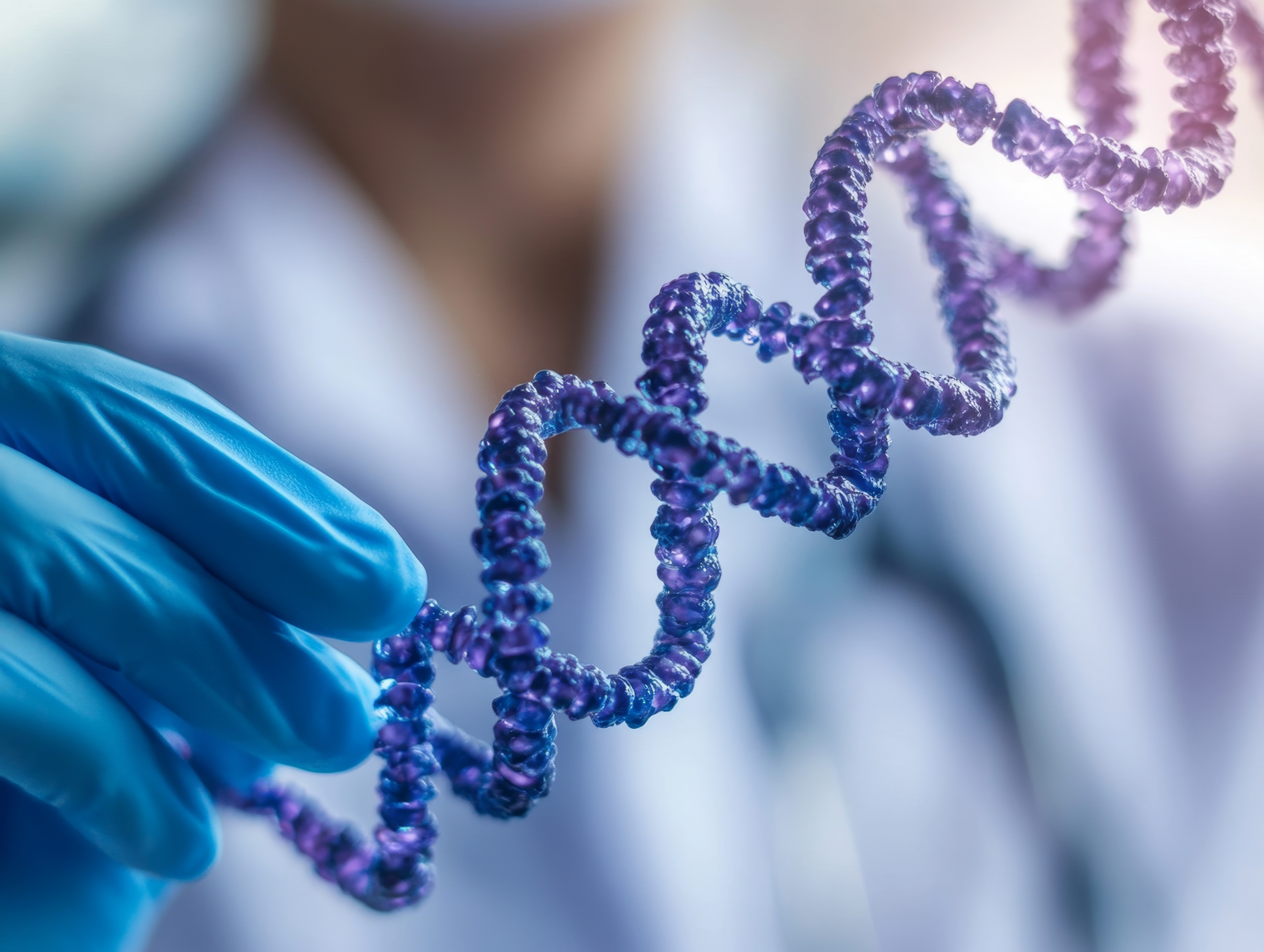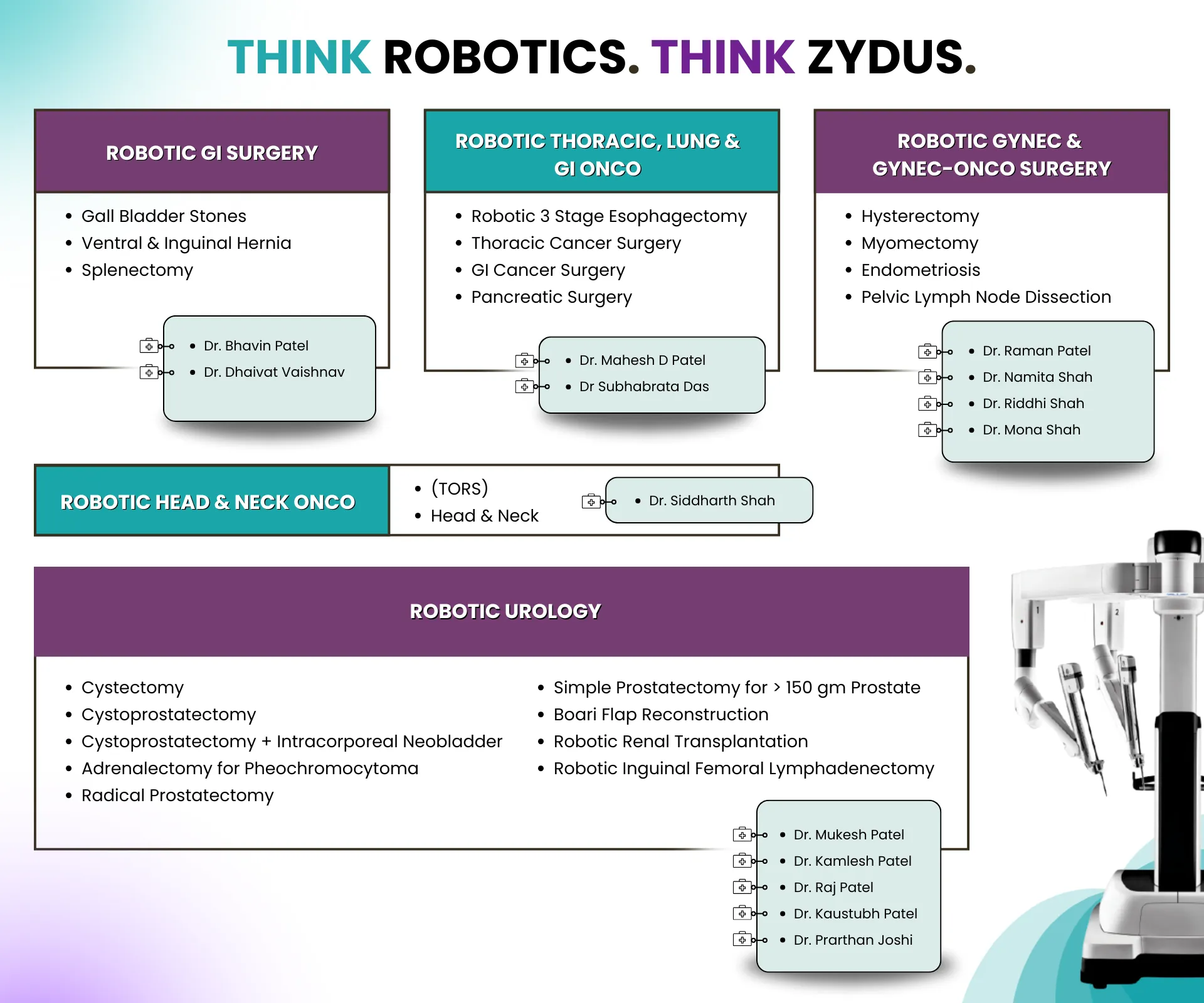
Department Of Genetics
- Medical Specialities
- Genetics

Department of Genetics
The Genetics Clinic specializes in the diagnosis, risk assessment, management, and prevention of genetic disorders. Zydus hospitals cater to all genetic conditions extending from fetal to adult life including cancers. comprehensive testing, available for all forms of genetic disorders like chromosomal abnormalities, single gene disorders, multi-gene disorders, and inborn errors of metabolism.
Zydus hospitals offer pre-conceptional and pre-marital counselling along with pre-natal diagnostic facilities for all forms of genetic disorders. We also offer guidance in pregnancies complicated by teratogenic exposure either via drugs, radiation or underlying maternal illness.
Unlocking Hope: The Role of Genetics in Medical Challenges
In the genetics clinic, a patient is not just a case study - they are at the center of the care model. The process is as much about ensuring patient and family understanding as it is about scientific inquiry.
Genetic counsellors, who often serve as the bridge between patient and clinician, are instrumental in this process. They empower patients through education, ensuring they understand the nature of genetic diseases, the implications of genetic test results, and the available management options. Such counselling is not merely transactional, but a form of support that extends to the psychosocial dimensions of the patient experience, addressing the implications of living with a genetic disorder.


The role of genetics, then, is not just to perform tests, but to weave a narrative around the patient's health. This narrative is inclusive of medical history, family history, symptoms, and, increasingly, the patient's experiences and outcomes of interest. Each piece of the puzzle -whether a new gene, a subtle symptom, or a staid family history - helps to clarify the big picture.
By understanding the genetic basis of neurologic disorders, clinicians can foresee how patients are likely to respond to existing treatments or can design new treatments that target the specific genetic aberrations driving disease. Precision medicine promises that it could lead to significant improvements in the patient's prognosis and quality of life.
Genetics clinics are not just sites of diagnosis and treatment - they are hubs for community building. Patient support groups, advocacy organizations, and online forums all play crucial roles in supporting patients and their families as they navigate the path set out by their genetic condition.
For patients and families living with the uncertainty of neurological disorders, genetics clinics can play a pivotal role. They represent the promise of understanding, the prospect of treatment, and the provision of support. While genetic conditions may be complex, the approach to management need not be. By focusing on patient-centred care, interdisciplinary collaboration, and the ethical application of genetic knowledge, genetics clinics are illuminating a path of hope.
The multi-disciplinary nature of genetics clinics means that patients have access to a wide array of specialists, including neurologists, neuropsychologists, physical therapists, speech therapists, and others. This coordinated approach ensures that the many facets of a patient's neurological disorder are addressed from all angles, offering a unified path forward in management and care.





